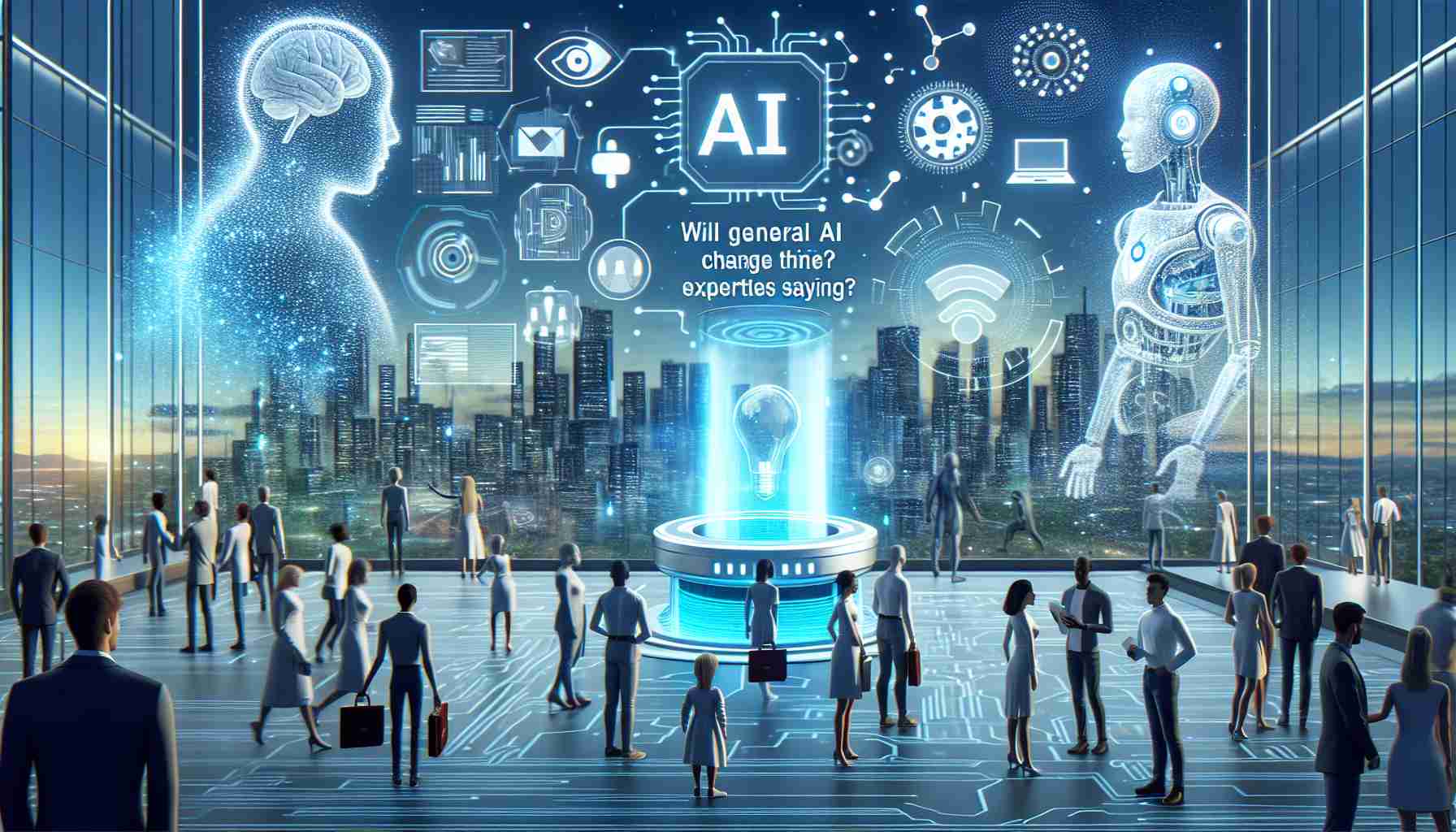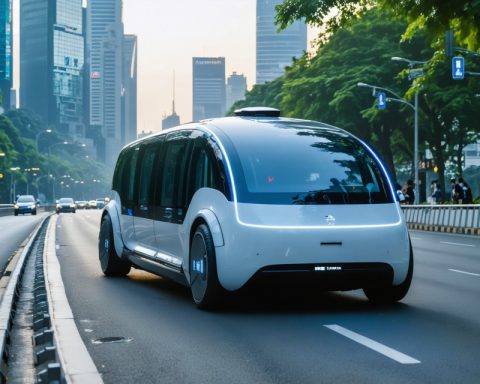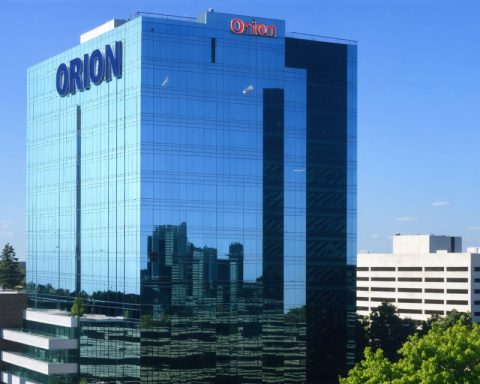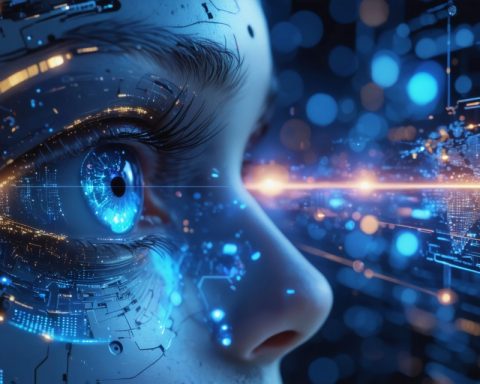The concept of General AI—short for Artificial General Intelligence—has long been the focal point of both hope and apprehension in the tech community. Unlike narrow AI, which is tailored for specific tasks like facial recognition or data analysis, General AI refers to a machine capable of understanding, learning, and applying its intelligence to solve any problem, much like a human.
Today, while we have made significant strides in machine learning and deep learning, achieving true General AI remains a daunting challenge. This hypothetical AI would not be limited to performing a single task but could potentially apply its capabilities across various domains, from scientific research to arts and beyond.
Experts are divided on when General AI might materialize. Some, like Ray Kurzweil, advocate for a possible advent this century, while others remain skeptical about its feasibility within our foreseeable future. Despite the uncertainty, ongoing research continually pushes boundaries in areas such as neural networks and computational models, getting us incrementally closer to this elusive goal.
The impact of General AI, once realized, could be transformative, impacting everything from economic structures to ethical norms. With its potential to revolutionize industries and address global challenges, General AI also raises essential questions about control, ethics, and societal adaptation. In anticipation, discussions about safety and regulation are crucial to ensure that General AI, when it arrives, serves the collective good.
As the journey toward General AI continues, so does the need for interdisciplinary collaboration and forward-thinking policymaking, ensuring that such technological advancements are accompanied by thoughtful safeguards.
Unveiling the Untapped Potential and Perils of General AI
The pursuit of General AI presents both fascinating prospects and profound controversies, potentially reshaping societal landscapes in unprecedented ways. While General AI aims to emulate human cognitive abilities, new insights suggest its true impact extends beyond just technological advancement. What often goes unmentioned is the ripple effect its emergence could have on global socioeconomic structures and ethical paradigms.
Did you know that General AI could redefine entire job markets? As machines gain the ability to perform a wide range of complex tasks, industries might witness an upheaval, requiring a reevaluation of workforce roles. This technological frontier could lead to what some term a “Fourth Industrial Revolution,” demanding significant re-skilling efforts and challenging traditional employment models.
Could such transformative power concentrate too much influence in the hands of a few? Critics argue that major tech corporations, already wielding substantial resources, could monopolize General AI’s benefits, exacerbating socioeconomic disparities. Such centralized control could intensify global inequalities, leading to ethical dilemmas around accessibility and fairness.
Intriguingly, the international race to develop General AI also raises geopolitical questions. Countries leading this innovation could potentially gain outsized influence, prompting debates on national security and digital sovereignty. Could AI-powered nations dictate global policies, or will it foster unprecedented collaborations?
These complexities emphasize the urgent need for global regulatory frameworks. As science fiction inches closer to reality, experts call for proactive measures to ensure responsible development. Public discourse and interdisciplinary policymaking will be key in addressing these multifaceted challenges.
For more information on the potential future implications of AI technologies, visit World Economic Forum and WIRED.








